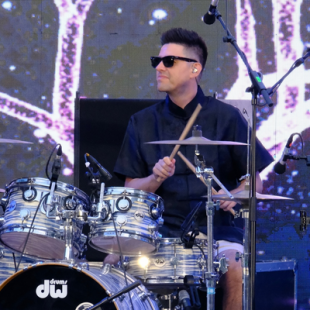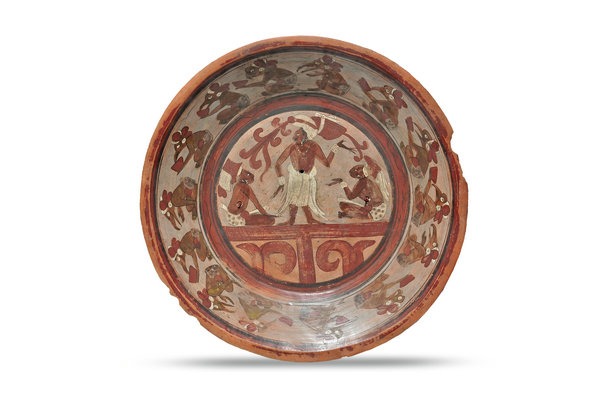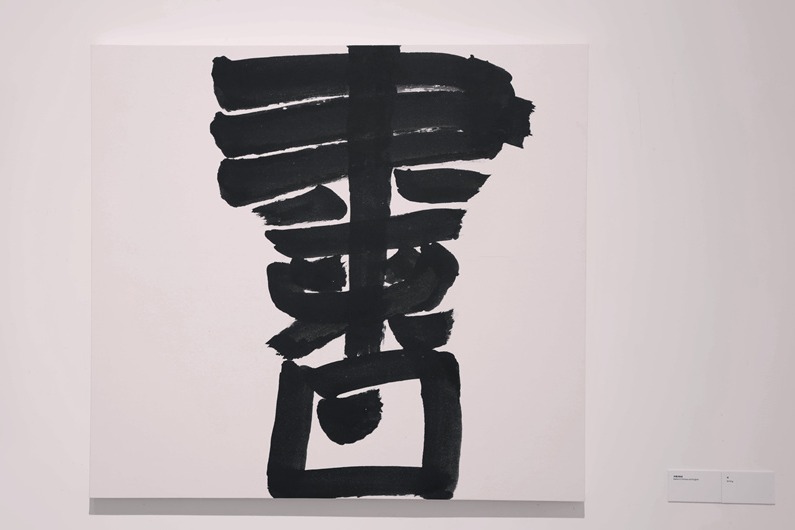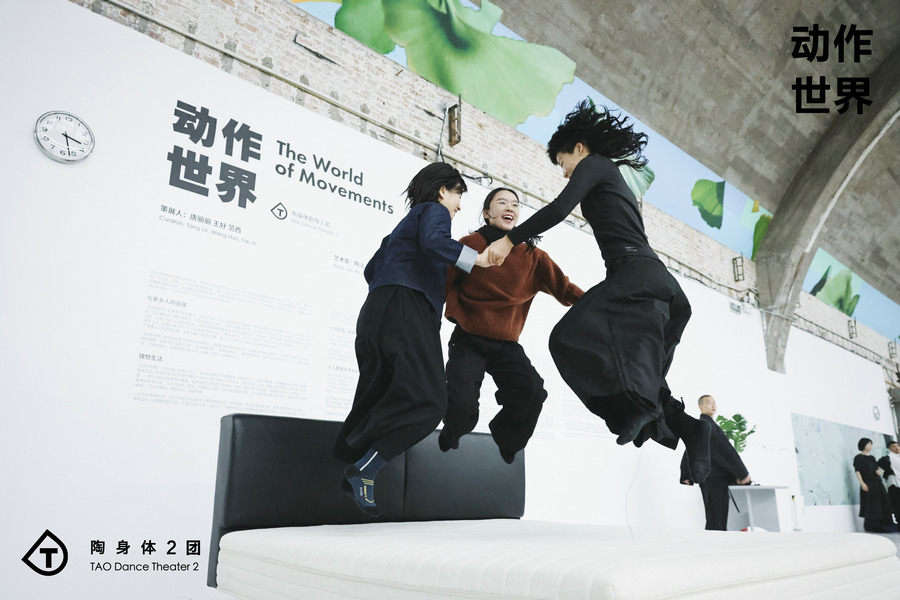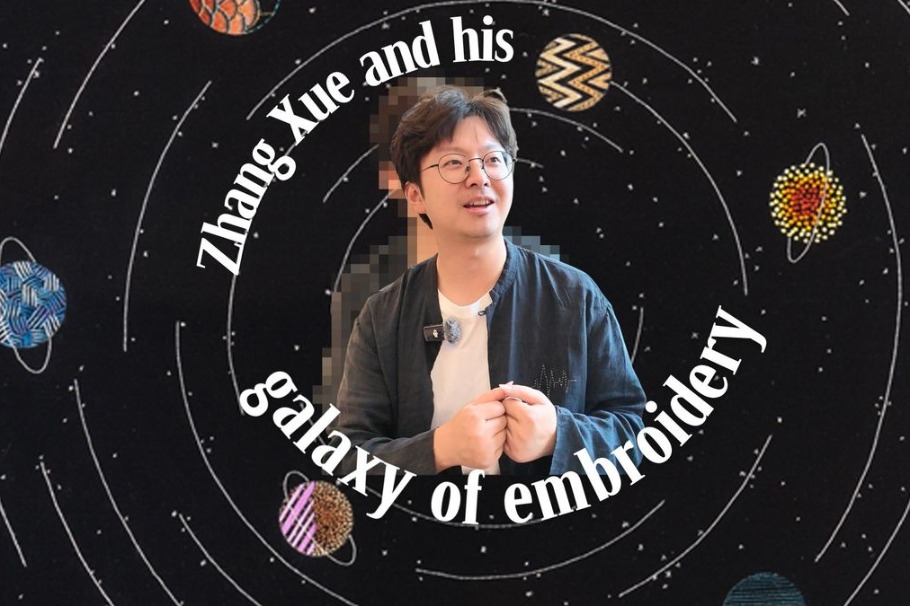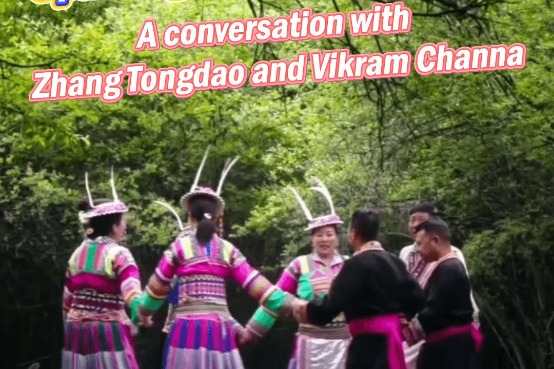Latin beats light up Beijing

The 2025 Latin American and Caribbean Music Festival, part of a signature event of the Latin American Arts Season, was held at Big Shopping Park in Beijing from Sept 20 to 21.
The two-day festival gathered six ensembles from Colombia, Costa Rica, Panama, Ecuador, Trinidad and Tobago, and Mexico, presenting capital audiences with a lively autumn celebration of cross-cultural harmony.
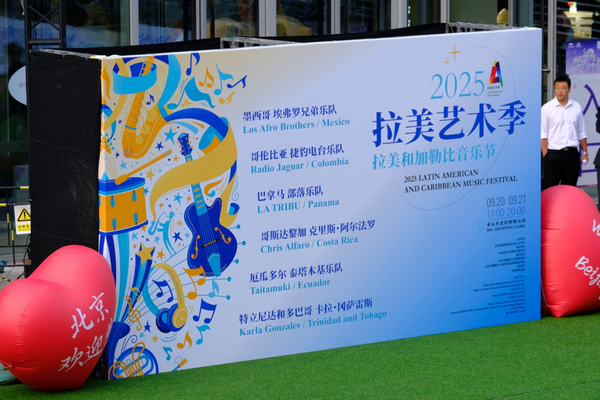
Organized by the Bureau of International Exchanges and Cooperation, Ministry of Culture and Tourism of the People's Republic of China, and hosted by China Arts and Entertainment Group, Ltd., the "Latin Americann Arts Season" is a key initiative for cultural exchange between China and Latin Americann and Caribbean countries. Since its launch in 2013, the event has welcomed 700 artists from 24 countries to China, fostering mutual learning and people-to-people bonds.
On the opening day, Colombian band Radio Jaguar performed an electrifying fusion of percussion, guitar, and electronic synthesizers, instantly energizing the crowd. Spectators flocked to the lawn to dance as the band set the tone for the festival's spirited atmosphere.
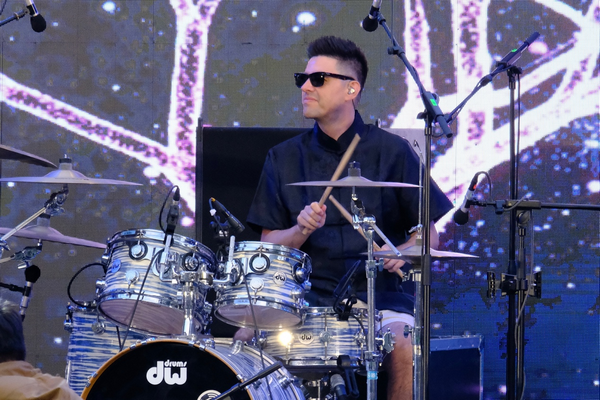
Costa Rican musician Chris Alfaro, a rising star born in the 1990s, followed with a contrasting yet equally engaging set. Armed only with an electric guitar, he performed original songs that blended Caribbean calypso with modern rhythms, earning thunderous applause. Alfaro, nominated for the 2025 Latin Grammy "Pop Song of the Year" a month before his China debut, expressed his excitement in Chinese, "I love China! I love you all!". During an interview, he also shared his love for the unique charm of Chinese music and culture, adding, "China has been doing very cool things in so many areas and teaching us all over the world. I would love to collaborate with Chinese artists."
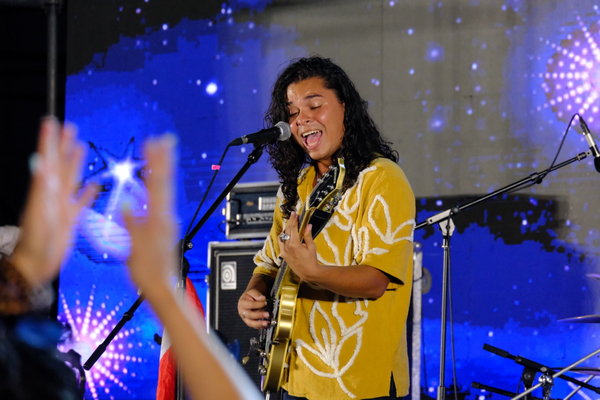
The evening continued with LA TRIBU from Panama who merged indigenous instruments, traditional dance and rock. Singing in ancient languages, they evoked ancestral memory while igniting the audience's enthusiasm. For many, the performance transformed music into a bridge of emotion across borders, leaving spectators reluctant to depart even after the final notes faded.
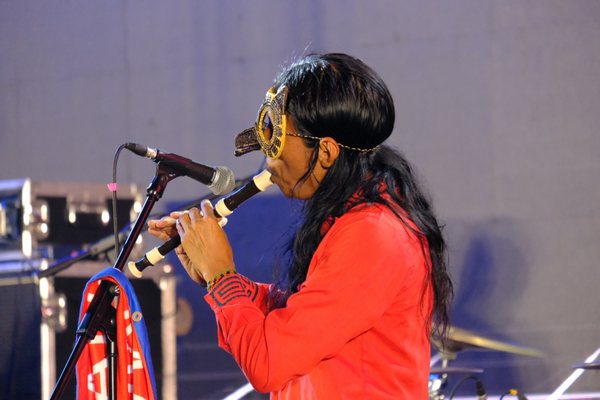
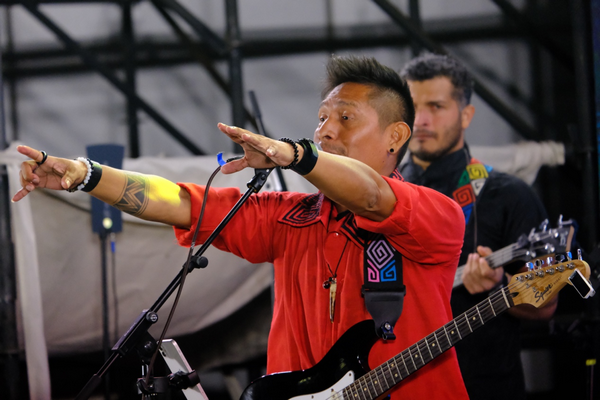
Day 2 brought an equally diverse lineup. Ecuador's quartet Taitamuki blended Andean rhythms with jazz improvisation, reflecting their belief that "music must never fade into silence." Trinidad and Tobago singer Karla Gonzales, known for her mastery of calypso, soca, jazz and reggae, impressed with her rich vocals and vibrant stage presence. The festival concluded with Mexico's Los Afro Brothers, who combined indigenous instruments, native languages and tribal dance with rock, bringing the two-day event to a jubilant climax.
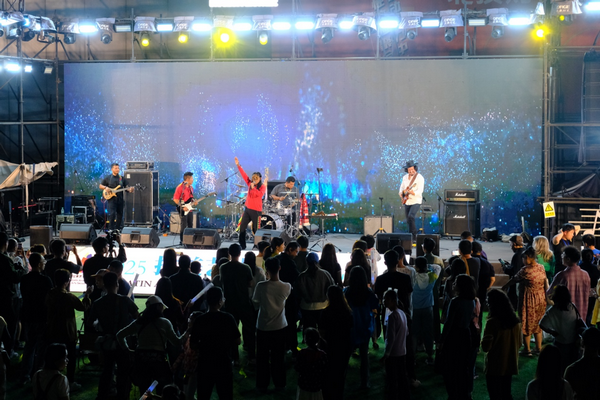
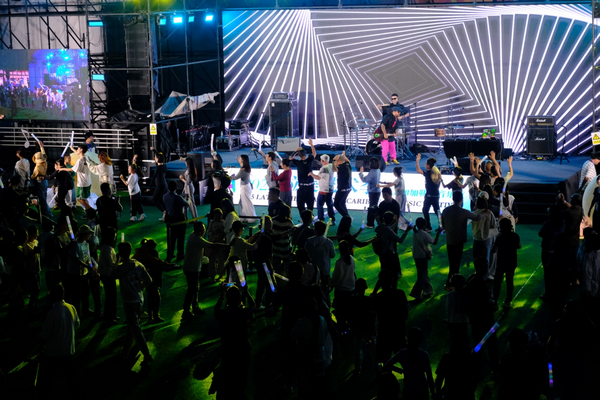
This year's festival also toured Wuxi and Jinan before arriving in Beijing, where it was co-hosted by the Chaoyang District Bureau of Culture and Tourism and the Asian Games Village Subdistrict Office. Alongside the concerts, the venue featured an interactive zone with trendy toys, figurines, and an anime-themed section, offering audiences a multi-dimensional cultural experience and enhancing the appeal of Latin Americann culture in China.
By showcasing diverse art forms, this event deepened mutual learning and expanded people-to-people connections across the Pacific. It not only enriched Beijing's cultural life, but also strengthened China's friendship and cooperation with Latin Americann and Caribbean countries.


